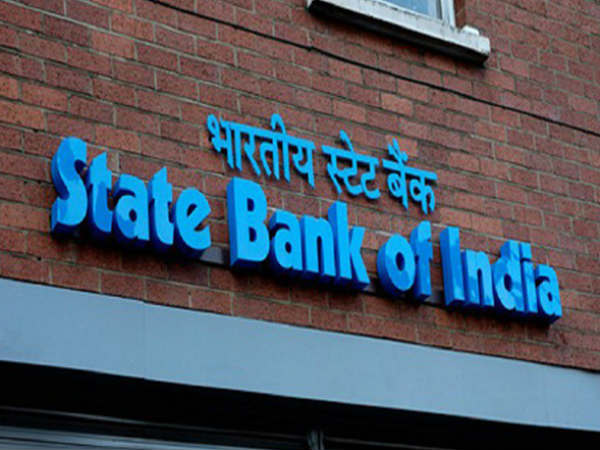The second wave of Covid-19 pandemic, which put a severe strain on the healthcare infrastructure across India, has made
BFSI firms put their employee’s health and safety on top priority.
From helping employees source beds in hospitals, oxygen facilities, critical medicines to financial assistance, BFSI firms will continue to keep their employees’ well-being even as business takes a little hit.
Max Life Insurance
Speaking at the 2nd ETBFSI Virtual Summit, Prashant Tripathy, MD & CEO, Max Life Insurance said, “Things have gotten really difficult in the last few weeks and we have had to change our course on the health, safety and well-being of our employees. We have been helping our employees in whatever way we can to tide through these difficult times.”
The private insurer has set up a platform – Call Health – which provides round-the-clock service like telephonic assessment of Covid-19 symptoms and consultations with empanelled doctors. It has also set up a dedicated helpdesk to provide reliable information about network hospitals and Covid testing labs.
Equitas Small Finance Bank
P N Vasudevan, MD & CEO, Equitas Small Finance Bank, says, “We have to go beyond the new normal as the reality has hit us hard. The first wave was unique, new for all of us and we weren’t familiar with lockdowns and everyone was taken aback. But thankfully, last year the impact of the virus wasn’t that strong as compared to the current time.”
He adds, “We’ve already lost about eight employees and it’s not possible to digest and there’s no way we can ask anyone to go out and do the job.”
He explains that businesses have to work on a different level substantially as compared to last year. The bank is internally preparing for a 3-4 year horizon and long-term timeframe as situations keep evolving.
Vasudevan adds, “Health and well-being of our staff is of paramount importance and we have set up a war-room to ensure we can do our best to support our staff.”
Muthoot Finance
Kochi-headquartered Muthoot Finance echoes the thought that the safety of employee and staff is of paramount importance.
George Alexander Muthoot, MD, Muthoot Finance says, “We’ve more than 5,000 branches across the country, some locked down, some not in lockdown. We can’t force staff to come to the branch but in the head office most of the work has gone in digital processes.”
Muthoot Finance is paying two years’ salary to the dependents of employees who have succumbed to Covid-19. In Kerala, it has tied up with two hospitals to ensure if any of their employees seek any medical assistance the same can be availed.
Muthoot adds, “Encouraging staff to go ahead for vaccination and it is the thing which will keep us going ahead and tackle the pandemic. Business will eventually come back to normal but employees’ safety and well-being are of utmost importance for now.”
Fino Payments Bank
Fino Payments Bank, dependent on its vast rural network, is also finding it hard to tackle the ongoing situation. Rishi Gupta, MD & CEO, Fino Payments Bank, says, “Everything has taken a backseat, what is not normal is that employees are getting impacted due to Covid. Our operations are spread across rural areas, we can’t tell our partners and employees to go out and get the business done in times like these.”
He believes that these will have a long-term impact on how businesses are being done and will change dramatically as situations evolve.
Gupta adds, “For now the priority is to ensure employee safety and wellness with a high level of communication throughout the time. Trying to move as much as we can towards digital operations and processes along with empathy & assistance towards employees and their families.”

